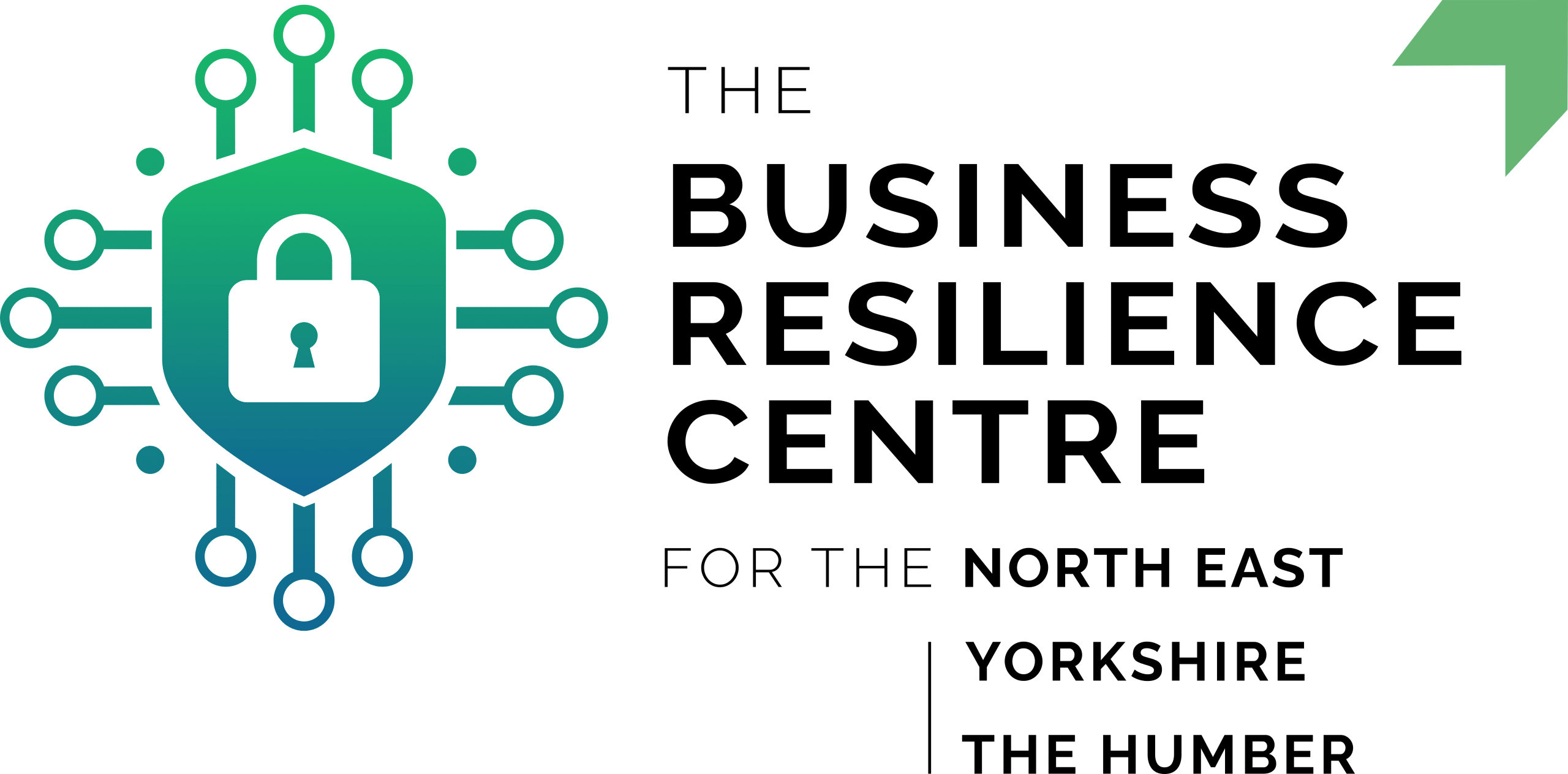According to the Financial Conduct Authority (FCA) there has been a shocking 86% increase in one year, with around 2,014 cases and over £25 million in losses.
As the workplace becomes more flexible, with 38% of working adults reported working both from home and in the office, video calls and screen sharing has become the norm for many.
Remote access over calls allows services such as IT support to diagnose and rectify problems without being in the room, however, this tool is being increasingly hijacked and manipulated by hackers and scammers.
By presenting as legitimate businesses, including giants such as Microsoft or investment firms, scammers can persuade individuals to give access to their computer through remote access software, which allows fraudsters to install malware, snoop through files, and steal bank details.
According to the FCA, one victim lost over £48,000 through a screen share scam, whereby the scammer accessed her bank details, and pension, and applied for various loans on her behalf.
Anyone can be targeted by screen sharing scams, through methods such as phishing emails, fake adverts, and spam calls.
One of the best ways to identify a potential scam is if a business gets in touch out of the blue regarding account or PC problems. If you are then asked to share your screen or download remote access software, it’s a scam.
If you’re unsure, try searching for the business name online, but never share your screen with any third parties as no legitimate business will ask for this over the phone.
The NEBRC is a not-for-profit organisation established to inspire, support, and educate businesses across the UK on cyber security and online crime.
For further advice on protecting yourself against screen sharing scams and online fraud, contact our team at [email protected]

